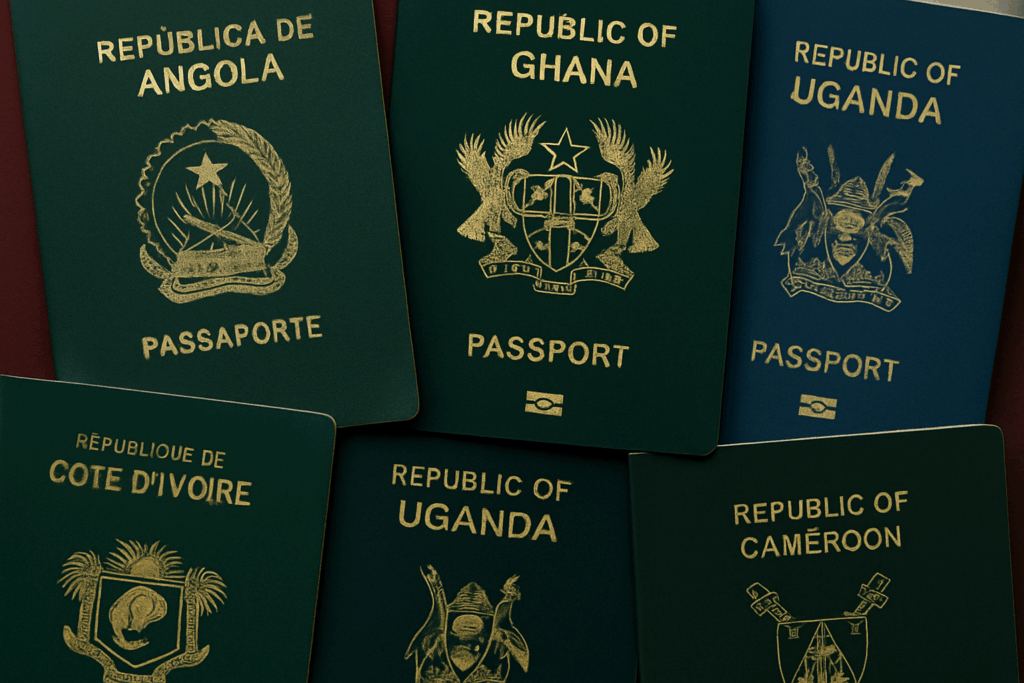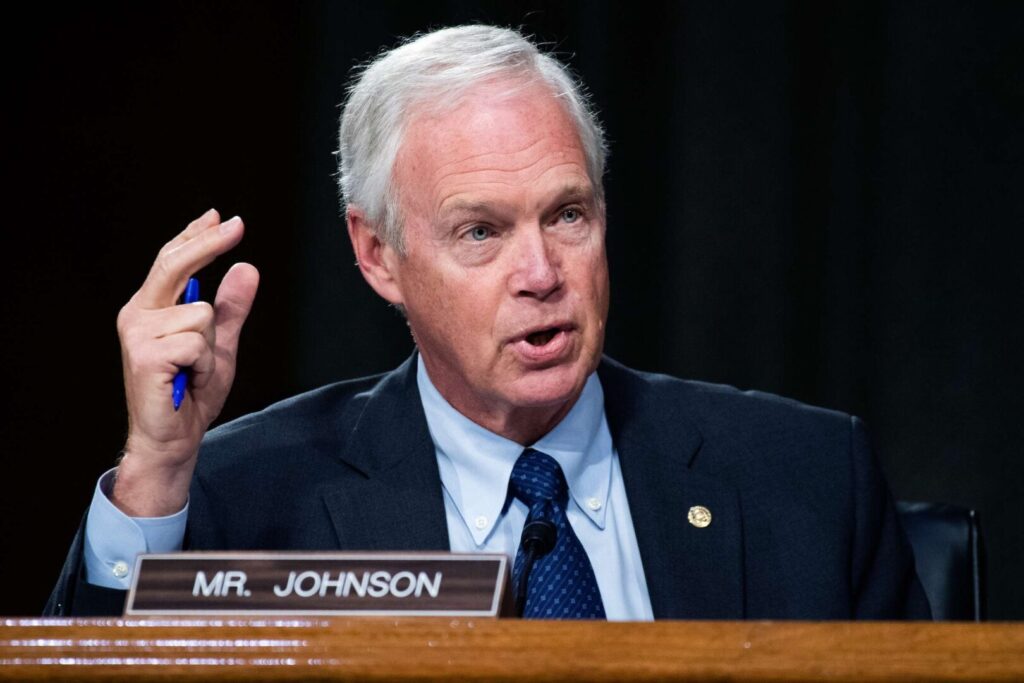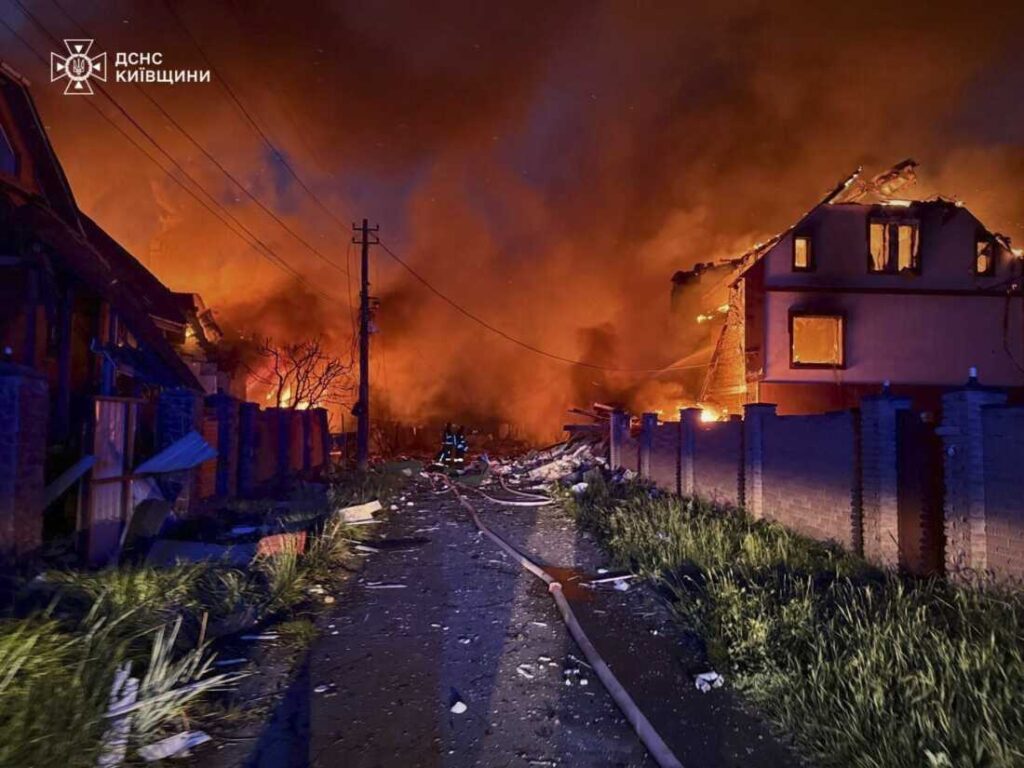The Trump administration is considering nearly tripling the number of countries subject to a U.S. travel ban. According to a State Department memo, most of this list consists of African nations.
Up to 36 additional nations could be added to the list of 19 countries already facing full or partial restrictions as of earlier this month.
The memo, addressed to diplomats in roughly two dozen African countries, as well as others in Central Asia, the Caribbean and several Pacific Island nations, requests a response by Wednesday detailing how they will begin addressing U.S. concerns and comply with new State Department requirements.
Signed by Secretary of State Marco Rubio, the memo — first reported by The Washington Post — states that the 36 countries have “vetting and screening information [that] is so deficient as to warrant a partial or full suspension” of entry of their citizens to the United States. The move is the latest in President Donald Trump’s efforts to tighten immigration policies, which have included mass deportations of immigrants accused or convicted of crimes.
According to the memo, some of the countries are designated as state sponsors of terrorism, or have citizens who have been involved in terrorist activity in the United States. Others reportedly lack credible government authority to produce reliable identification documents, maintain poor criminal records, or are plagued by widespread government fraud. Additional concerns include high rates of visa overstays and allegations of antisemitic or anti-American activity by citizens while in the U.S.
Countries that fail to comply with the requirements outlined in the memo could be recommended for travel restrictions as early as August.
“Limiting entry of individuals from those countries will help secure the American homeland and make our communities safer,” said Tricia McLaughlin, a spokesperson for the Department of Homeland Security, in a statement to NPR.
The memo also calls for foreign governments to be “fully cooperative” in accepting the return of their citizens when deemed vital to U.S. national security. The State Department notes that concerns could be “mitigated” if countries are willing to accept deportees who cannot be returned to their original country.
“This is a necessary step to garner cooperation from foreign governments to accept deportation flights of their own citizens, strengthen national security, and help restore integrity to the immigration system,” McLaughlin said.
Critics of Trump’s previous travel bans have denounced the policies as racially and religiously discriminatory, especially for targeting African and Muslim-majority nations.
The countries named in the memo as facing potential travel bans include: Angola, Antigua and Barbuda, Benin, Bhutan, Burkina Faso, Cabo Verde, Cambodia, Cameroon, Côte d’Ivoire, the Democratic Republic of Congo, Djibouti, Dominica, Egypt, Ethiopia, Gabon, The Gambia, Ghana, Kyrgyzstan, Liberia, Malawi, Mauritania, Niger, Nigeria, Saint Kitts and Nevis, Saint Lucia, São Tomé and Príncipe, Senegal, South Sudan, Syria, Tanzania, Tonga, Tuvalu, Uganda, Vanuatu, Zambia and Zimbabwe.
As of June 4, countries under a full travel ban include Afghanistan, Myanmar, Chad, the Republic of Congo, Equatorial Guinea, Eritrea, Haiti, Iran, Libya, Somalia, Sudan and Yemen. Those under partial bans include Burundi, Cuba, Laos, Sierra Leone, Togo, Turkmenistan and Venezuela.
During his first term, Trump signed an executive order banning travelers from seven Muslim-majority countries, a move later rescinded under the Biden administration.



